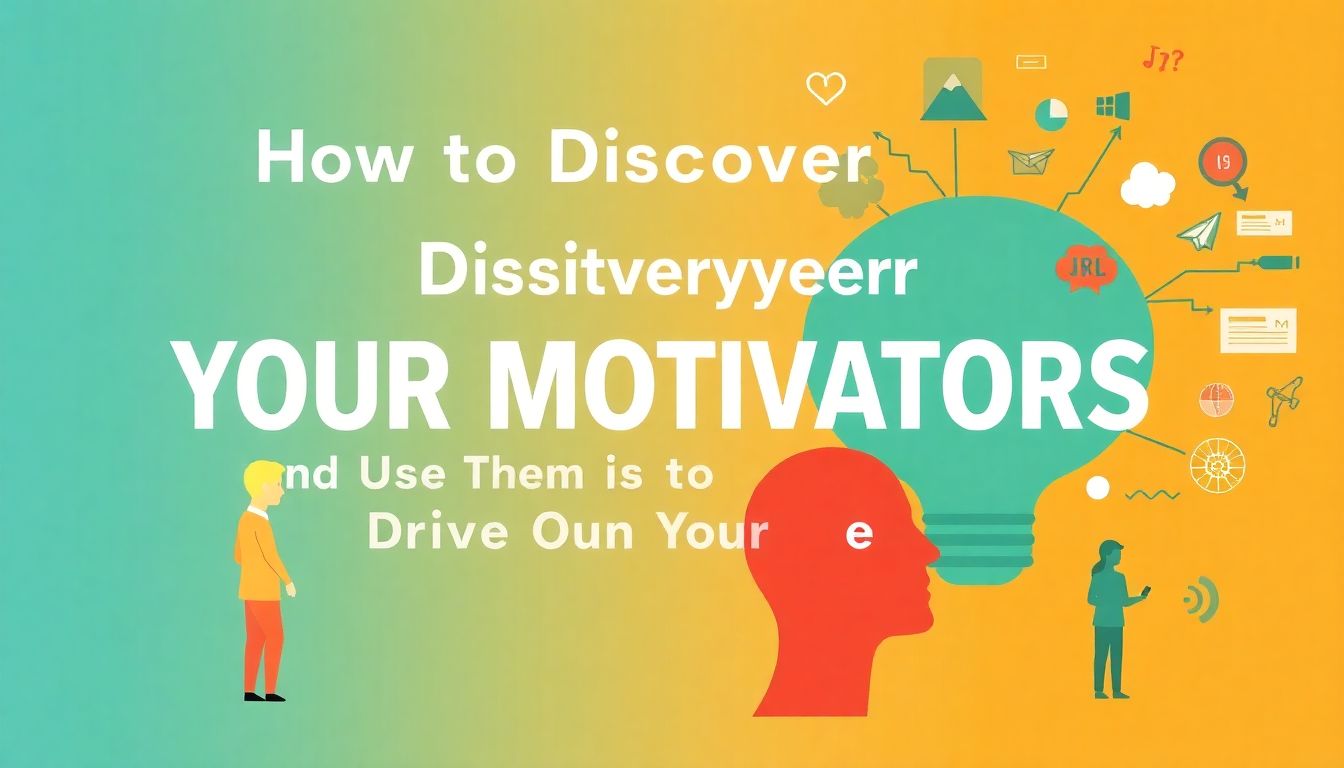Motivation is what gets you out of bed in the morning and pushes you through challenges at work. But here’s the thing—motivation is personal. What drives one person might mean nothing to another. That’s why discovering your own motivators is key to building a career that feels exciting, sustainable, and aligned with who you are.
Self-awareness plays a central role in this process. When you understand what truly motivates you—not just what should motivate you—you can make smarter career decisions, set better goals, and stay energized along the way.
Let’s explore how to uncover your core motivators and apply them to fuel your professional growth.
What Are Career Motivators?
Career motivators are the internal or external forces that influence how you choose jobs, set goals, respond to challenges, and define success. They often shape your level of engagement, satisfaction, and resilience in your work.
Some common motivators include:
- Autonomy and independence
- Financial rewards
- Purpose and meaning
- Recognition and appreciation
- Creative expression
- Growth and learning
- Security and stability
- Teamwork and connection
- Leadership and influence
- Flexibility and balance
There’s no “right” motivator—just what’s right for you.
Why Knowing Your Motivators Matters
When your job supports your core motivators, you feel energized and focused. When it doesn’t, you may feel stuck, bored, or even burnt out—no matter how “good” the job looks on paper.
Understanding your motivators helps you:
- Choose roles and companies that align with your values
- Set career goals that actually excite you
- Stay focused and resilient during difficult seasons
- Communicate clearly about what you need to thrive
This kind of clarity transforms how you approach your work—and your entire career path.
Step 1: Reflect on Peak Career Moments
Think about the times in your career when you felt most alive, proud, or in flow. What were you doing? Who were you with? What made that moment so fulfilling?
These memories often reveal what drives you at your core. You might notice that you were solving problems, helping others, getting recognized, learning something new, or creating something from scratch.
Look for patterns across these moments. They are windows into your motivators.
Step 2: Pay Attention to What Drains You
The opposite is also revealing. When do you feel drained, frustrated, or disengaged? What kind of tasks, environments, or expectations make you want to shut down?
This discomfort can help you identify motivators that are missing from your current role. For example, if you feel suffocated by micromanagement, you might be driven by autonomy. If you feel invisible, recognition could be a key motivator.
Use these feelings as feedback—not failure.
Step 3: Take a Motivation Assessment
There are tools specifically designed to help you explore your motivators. Some popular options include:
- The Motivational Maps tool
- The Six Human Needs model by Tony Robbins
- Values-based career assessments (often available in coaching programs)
These tools offer language, categories, and insight that can support your reflection and decision-making.
Even without formal assessments, you can journal about what energizes you, what keeps you going, and what goals excite you most.
Step 4: Rank Your Top Motivators
Once you’ve gathered insights, try ranking your top 5 motivators. These will serve as your personal “career compass.”
Example list:
- Growth and learning
- Purpose and contribution
- Autonomy
- Recognition
- Work-life balance
Once you’ve ranked them, compare them to your current job or career path. Are they being honored—or ignored?
If there’s a gap, that’s a clear sign it’s time for realignment.
Step 5: Align Your Daily Work With Your Motivators
You don’t have to wait for a new job to start living from your motivators. Start small by integrating them into your daily workflow.
If you’re driven by learning, sign up for a course or ask to take on a stretch project.
If you thrive on recognition, have a conversation with your manager about feedback.
If autonomy matters, explore ways to structure your time more independently.
These shifts not only boost motivation but also increase performance and satisfaction.
Step 6: Use Your Motivators in Career Planning
As you consider your next career step—whether it’s a promotion, a pivot, or a new industry—use your motivators as a decision-making tool.
Ask:
- Will this opportunity allow me to experience my top motivators regularly?
- Is the company culture supportive of what drives me?
- Does the leadership style align with my motivational needs?
This kind of intentionality prevents you from chasing roles that look good but feel wrong.
Step 7: Communicate Your Motivators at Work
You can also use your motivators to improve communication with colleagues and managers. When people understand what drives you, they can support you more effectively—and you can advocate for yourself with clarity.
Try saying:
- “I do my best work when I have space to think independently.”
- “I’m most engaged when I feel like I’m growing.”
- “Recognition keeps me motivated—just a quick ‘thank you’ goes a long way.”
This isn’t being needy. It’s being self-aware—and proactive.
Motivation That Comes From Within Lasts Longer
External rewards can only take you so far. Real motivation—the kind that sustains you through challenges and fuels long-term success—comes from knowing yourself deeply and honoring what drives you.
Self-awareness is what turns “just a job” into a purpose-driven path. When you align your career with your motivators, everything feels more meaningful, more focused, and more you
